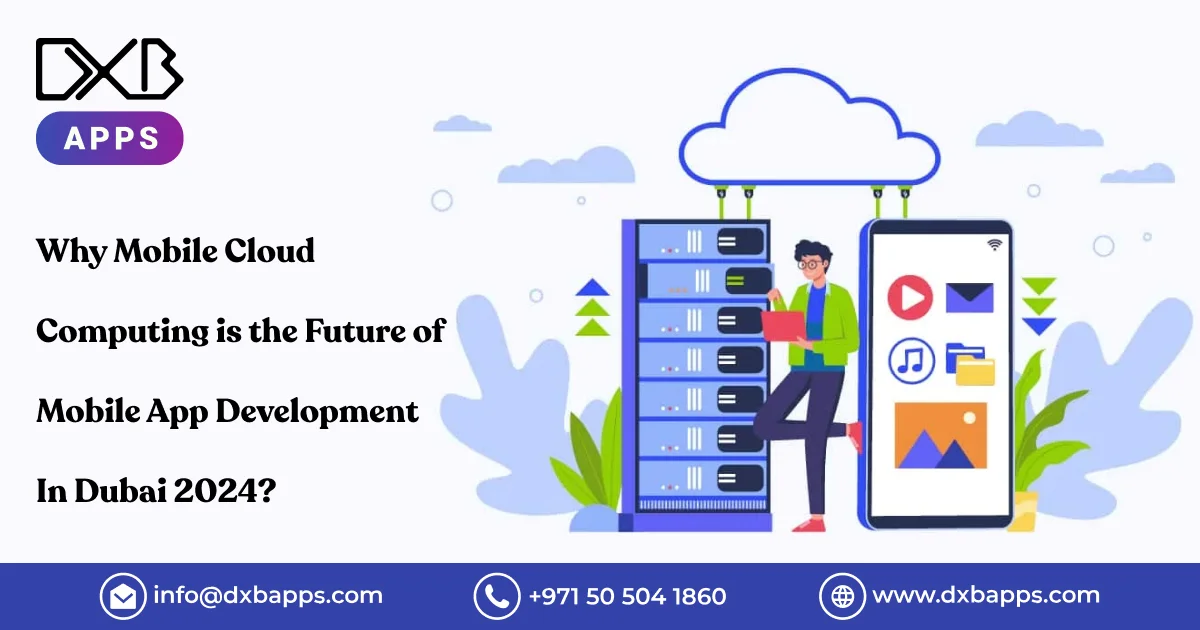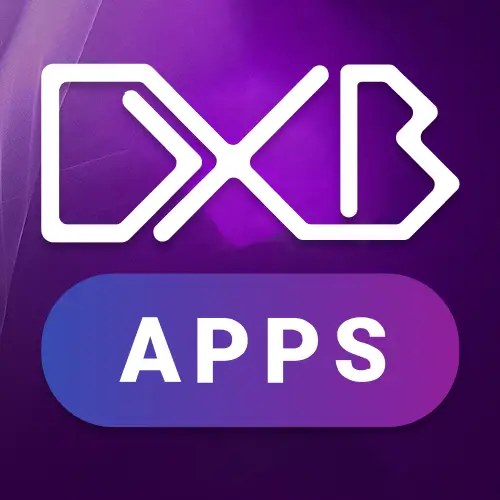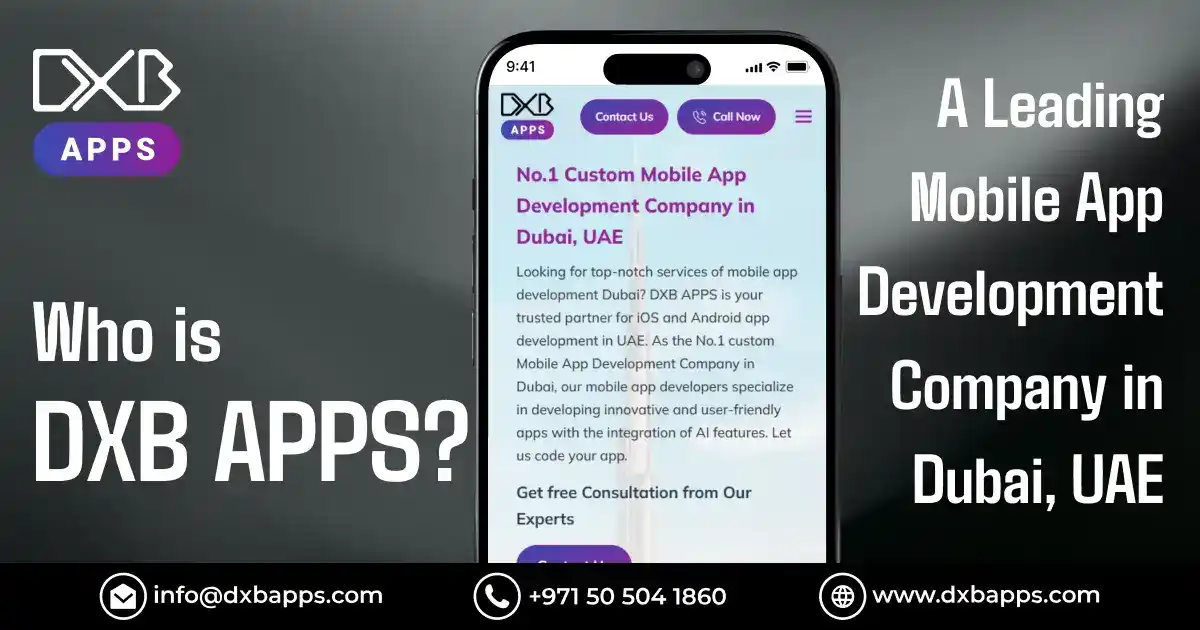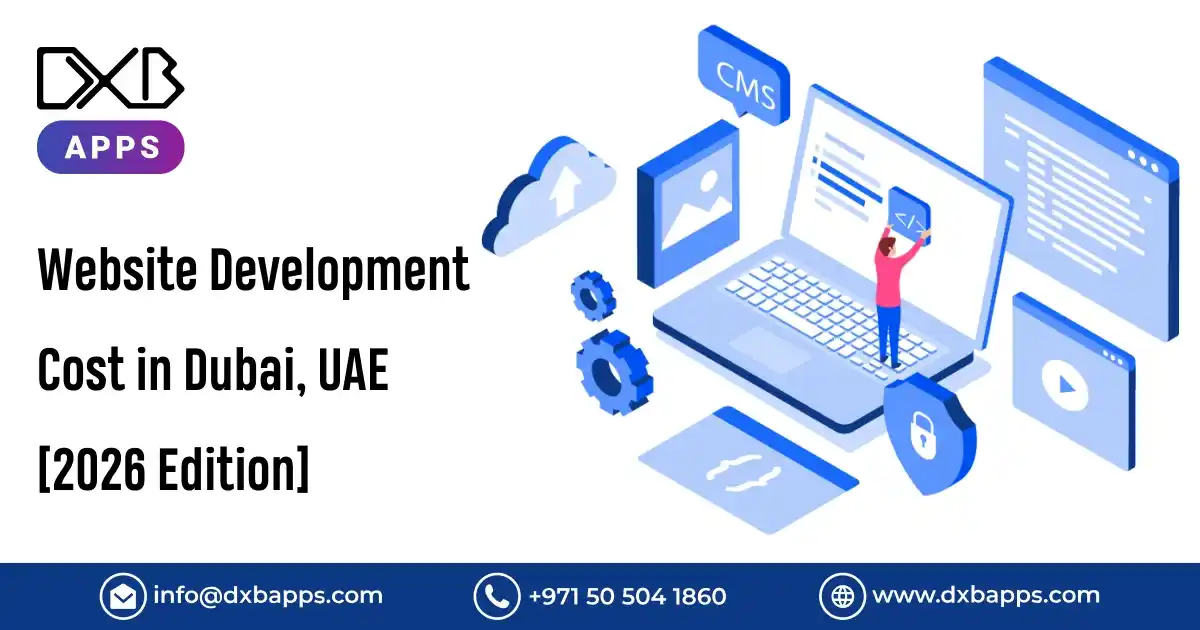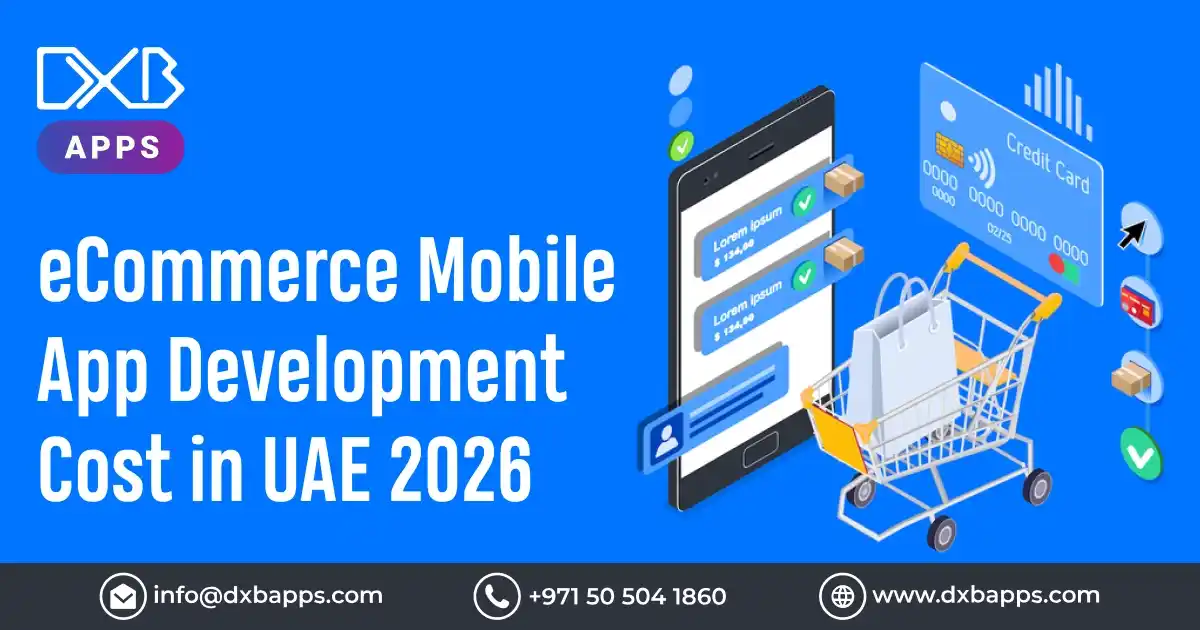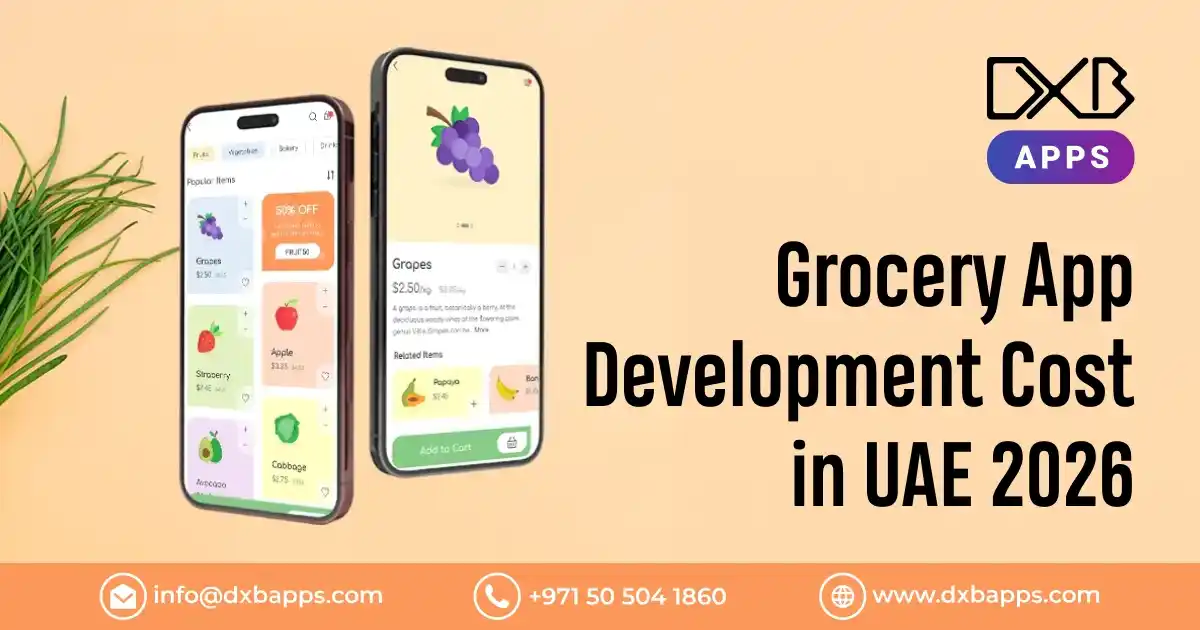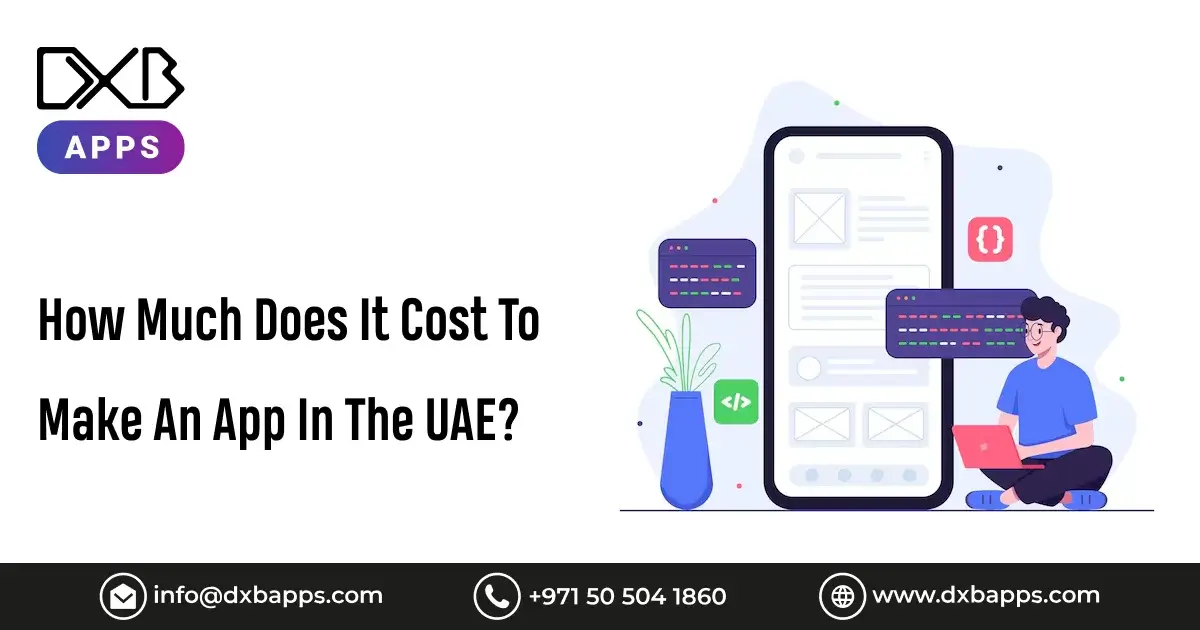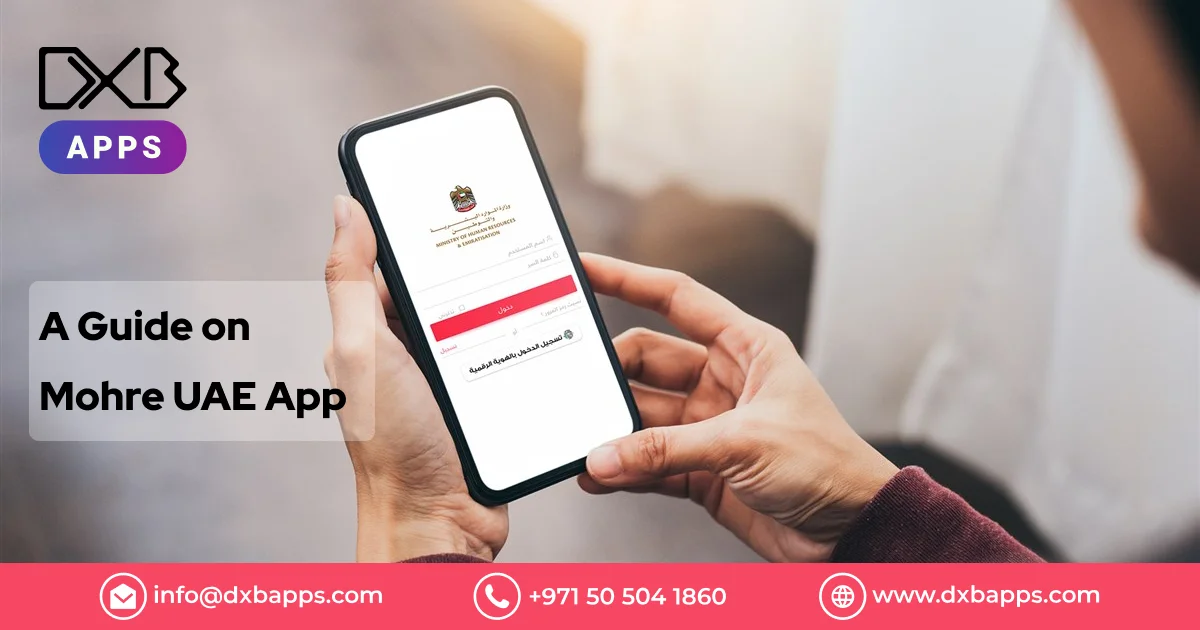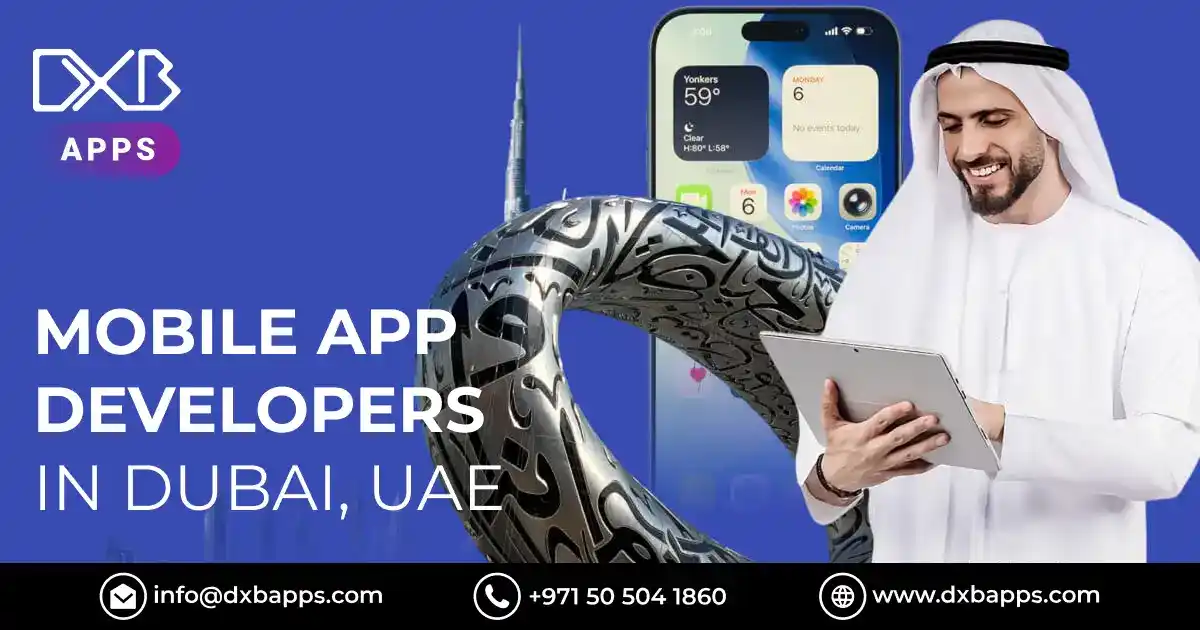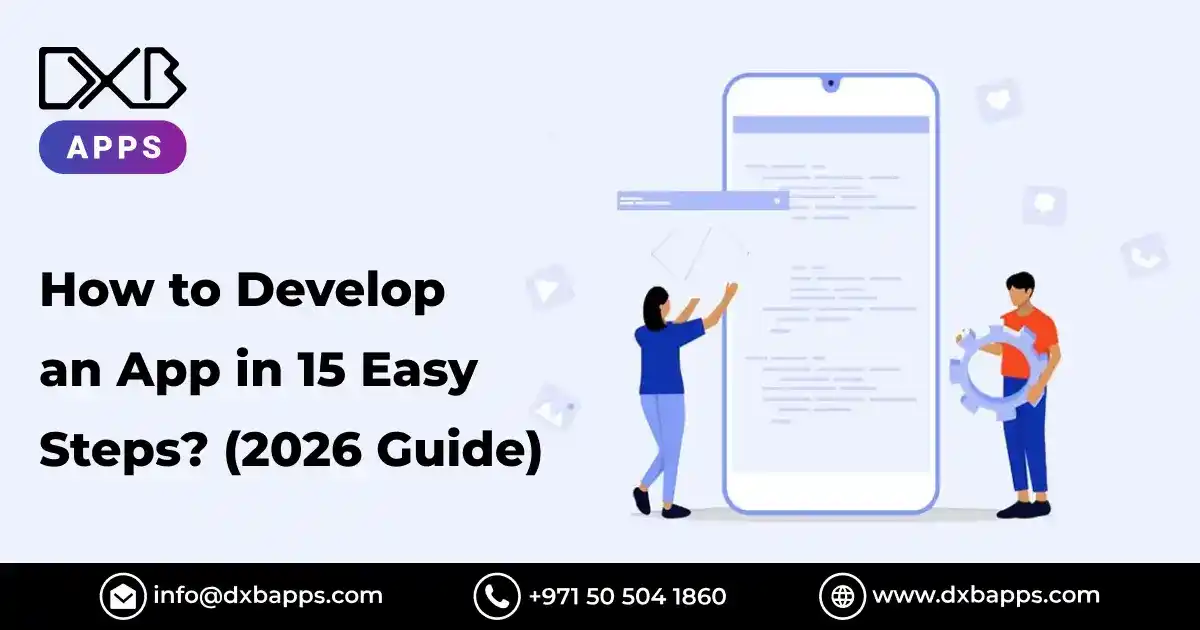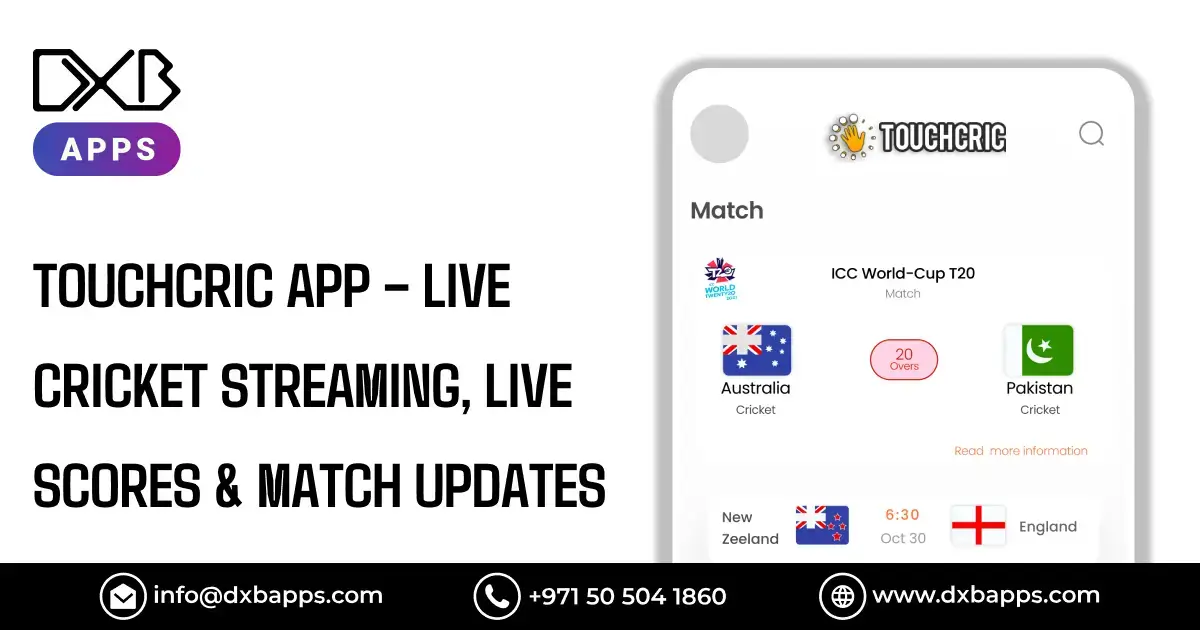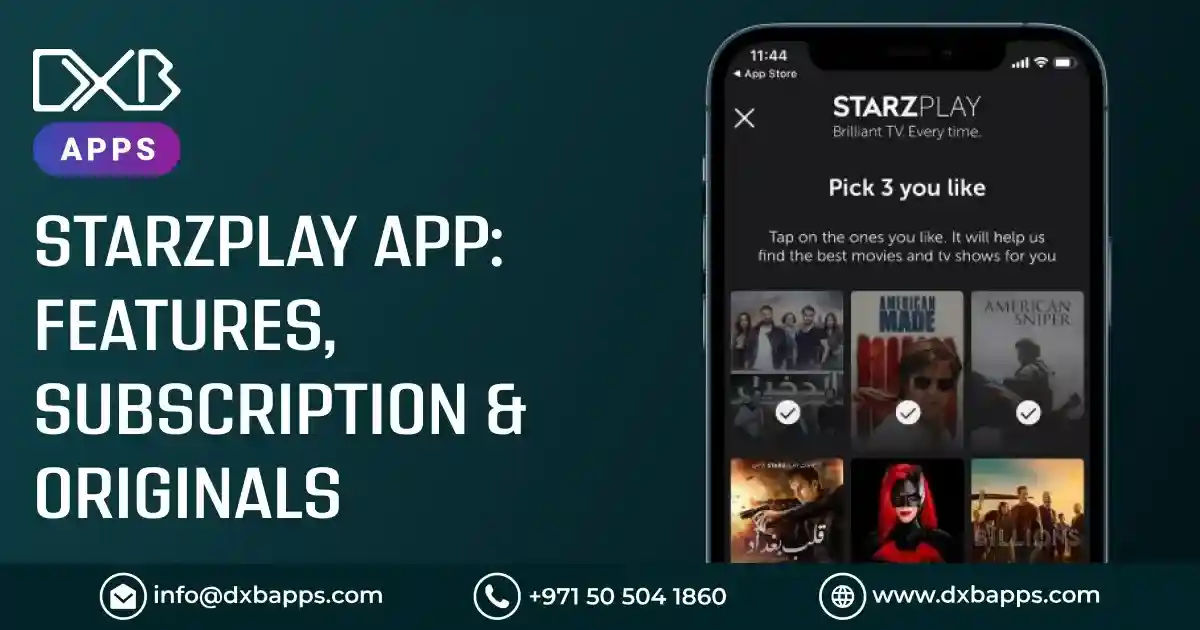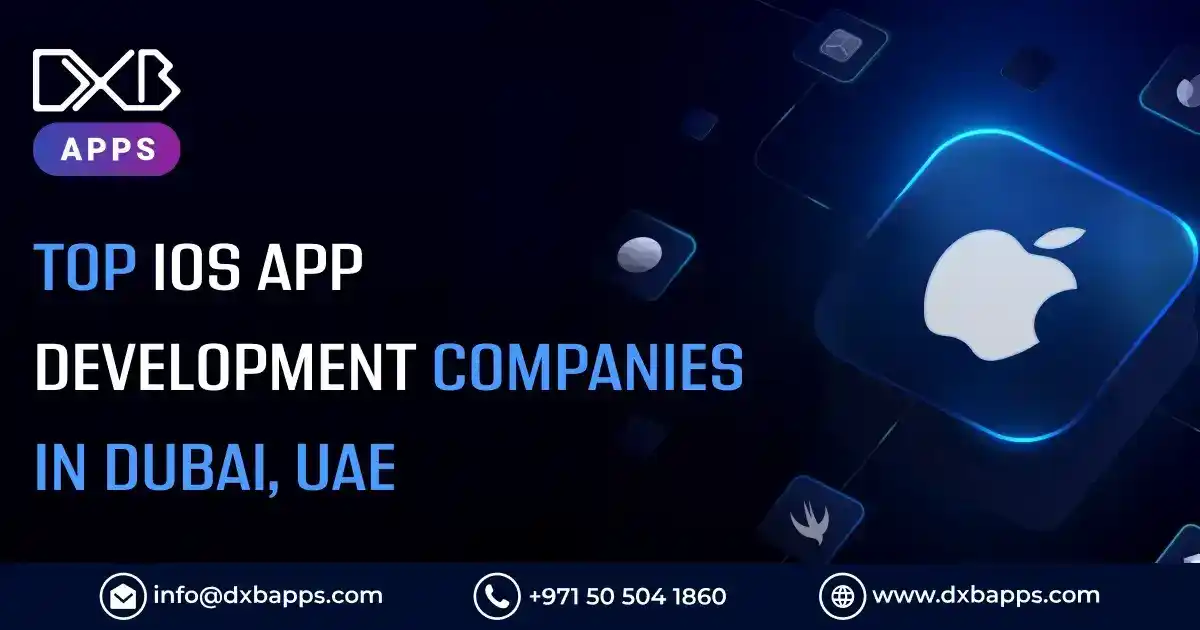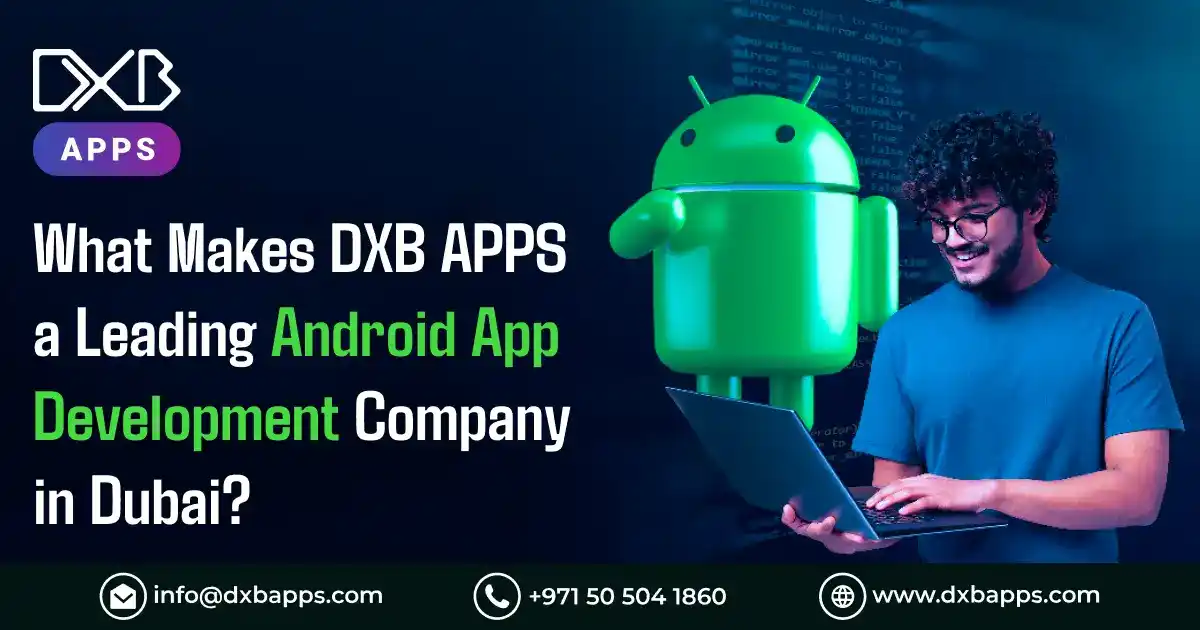In the field of app development Dubai, Cloud computing and mobile computing are two of the hottest new technologies that have come together to form mobile cloud computing. A user can access data from any mobile device, anywhere in the world, as long as they have an active internet connection.
Mobile cloud computing is one of the many innovations in android app development that have occurred over time. The ecosystem surrounding cloud computing is always growing as more and more companies and individuals use it for various needs.
You've come to the perfect spot to learn more about mobile cloud computing if you're eager to jump on the bandwagon. We will cover mobile cloud computing in this blog, along with its benefits, adoption drivers, and other details.
What You Must Know About Cloud Computing?
To put it simply, cloud computing refers to the internet, computer resources and power. The basic concept is to use the internet instead of the built-in hardware to provide power and computing capabilities.
Doing so has a number of advantages, including high availability, low cost, and efficient resource use. One of the most popular trends in mobile application dubai that companies are adopting globally is cloud-based development.
Useful Overview Of Mobile Cloud Computing
The process of using cloud computing to improve mobile app performance and delivery is known as cloud computing. The development, upkeep, and operation of mobile apps over the cloud are facilitated by mobile cloud computing.
Mobile cloud computing apps within app development Dubai are platform neutral, in contrast to traditional apps that are specifically designed for specific hardware configurations and operating system combinations. This implies that a single cloud software can function with a variety of mobile device setups and operating systems.
Various Types Of Mobile Cloud Computing Services To Be Aware Of
Various cloud computing service models are available to meet distinct needs. Three categories can be used to categorise mobile cloud computing:
1. Infrastructure as a Service, or IaaS
This type of cloud computing is linked to the provision of computers, networking capabilities, and data storage space. The greatest degree of control and flexibility over your IT resources is offered byIaaS.
2. Platform as a Service, or PaaS
By doing away with the necessity to manage the underlying infrastructure, organizations are free to concentrate more on the deployment and administration of applications.
Capacity planning, software maintenance, patching, and resource acquisition are handled by PaaS.
3. Software as a Service, or SaaS
This kind of cloud service model makes use of software that the user can access and use, but which is kept and updated on the provider's servers.
Because the service provider manages the software that runs on the operating system and servers, businesses using SaaS don't have to bother about maintenance or management.
Get An Overview Of Mobile Cloud Types Within App Development
A network that enables users to access data, apps, and services from many devices is known as a cloud. There are four different types of movable clouds:
1. Open Cloud Infrastructure
Anybody can access a cloud that is designated as public. It isn't devoted to any specific user or group. The largest providers of public cloud storage are AWS Cloud, Google Cloud, IBM Cloud, and Microsoft Azure Cloud.
The environment is split up and dispersed across several tenants on a public cloud (via multitenancy). Although most public clouds are free to use, a membership is required to access extended or infinite resources.
2. Personal Clouds
One end-user or group is assigned to a private cloud environment. When a single customer has full exclusive access to the underlying IT infrastructure, a cloud network is considered a private cloud.
Numerous subtypes of private clouds have emerged as a result of the trend of creating private clouds on off-premises, vendor-owned data centers that are rented.
3. Hybrid Clouds
It is a cloud, as the name implies, composed of several environments connected by LANs, VPNs, WANs, or APIs. It is challenging to identify a generic set of characteristics for a hybrid cloud because it is an amalgam of many diverse things.
4. Multiclouds
A multicloud is a cloud that consists of multiple cloud services from multiple cloud vendors. Not every multicloud can be a hybrid cloud, but every hybrid cloud is a multicloud.
Multiclouds are typically utilized to offer improved control over sensitive data and storage capacity for disaster recovery. Shadow IT could also be the cause of it.
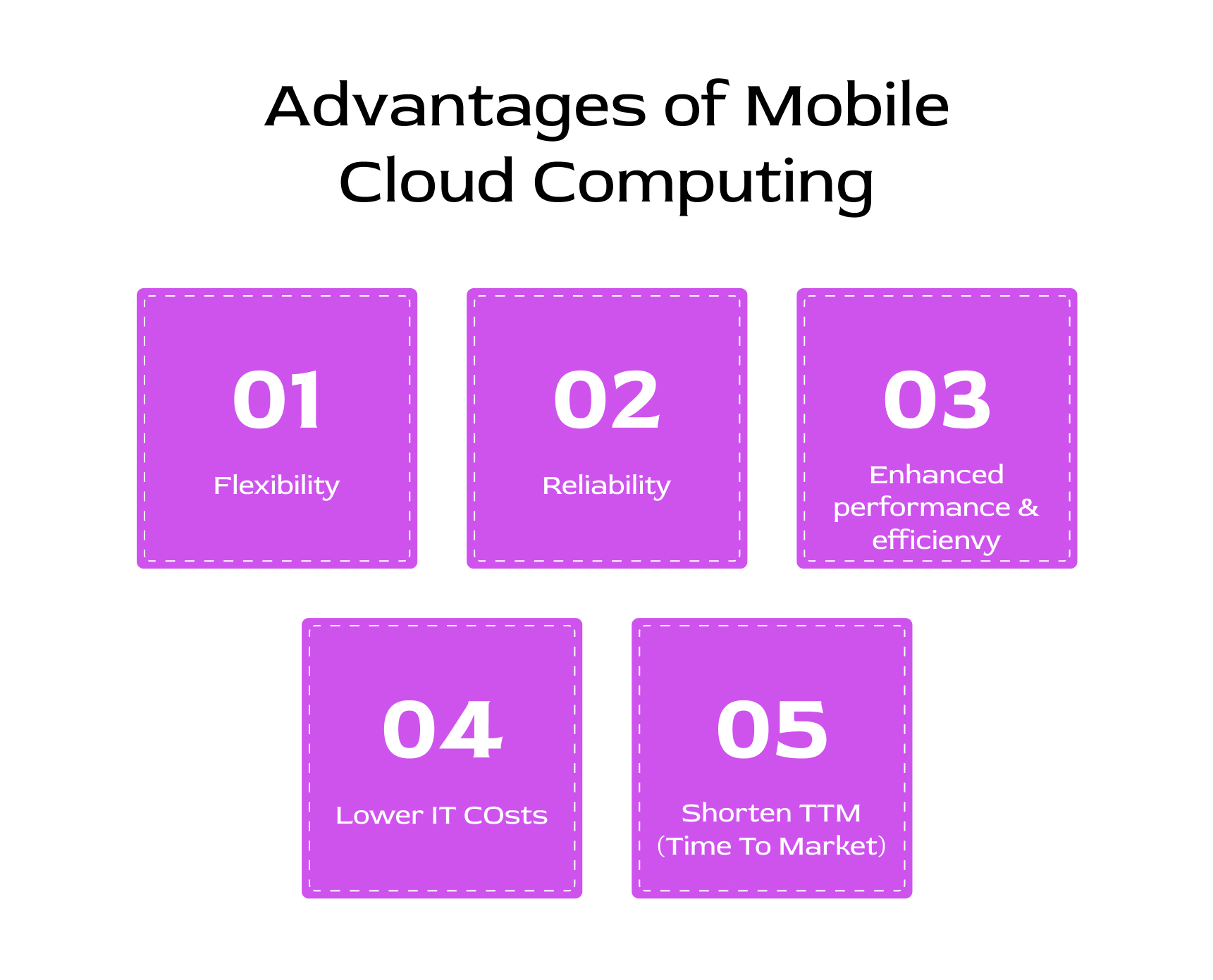
Valuable Perks of Mobile Cloud Computing That You Can Benefit From
The world of mobile app development is still evolving due to mobile cloud computing. The most significant benefits that businesses and top app developers uae are utilizing from mobile cloud computing are listed below:
Concerning Cutting-Edge Technologies
Mobile cloud computing is powered by Cloudlet, CSS3, HTML5, and Hypervisor Virtual Machines. A thorough comprehension of these technologies is necessary to effectively utilize mobile cloud computing.
Less Money Spent
Compared to the conventional approach of buying and installing resources on-premises, there is less expense because the organization doesn't need to buy any resources for management and upkeep.
No More Restricted Storage
On mobile devices, storage has long been a key concern. This issue is resolved by mobile cloud computing, which gives mobile devices access to virtually limitless online storage. Generally speaking, cloud-based apps offer more storage than traditional programs.
Adaptability
The freedom that comes with using mobile cloud computing is another important advantage. Services can be scaled up or down by businesses based on their needs. Furthermore, compared to models that are not cloud-based, customization is simple.
5. Widespread Accessibility
A primary advantage of utilizing the cloud is its high availability. The availability of various servers and virtualization make this feasible.
Reasons for Selecting Mobile Cloud Computing
The future of creating mobile apps lies in cloud computing. Businesses can reap numerous advantages by using cloud computing into the creation of mobile applications, for a variety of reasons. These benefits include:
Quick Data Coordination
Data synchronization is facilitated more quickly by mobile cloud computing. Data storage and access are facilitated by this. Additionally, users of a variety of devices, including desktop computers and smartphones, may conveniently manage data. The cloud acts as a backup for your data, taking up no storage space on your device.
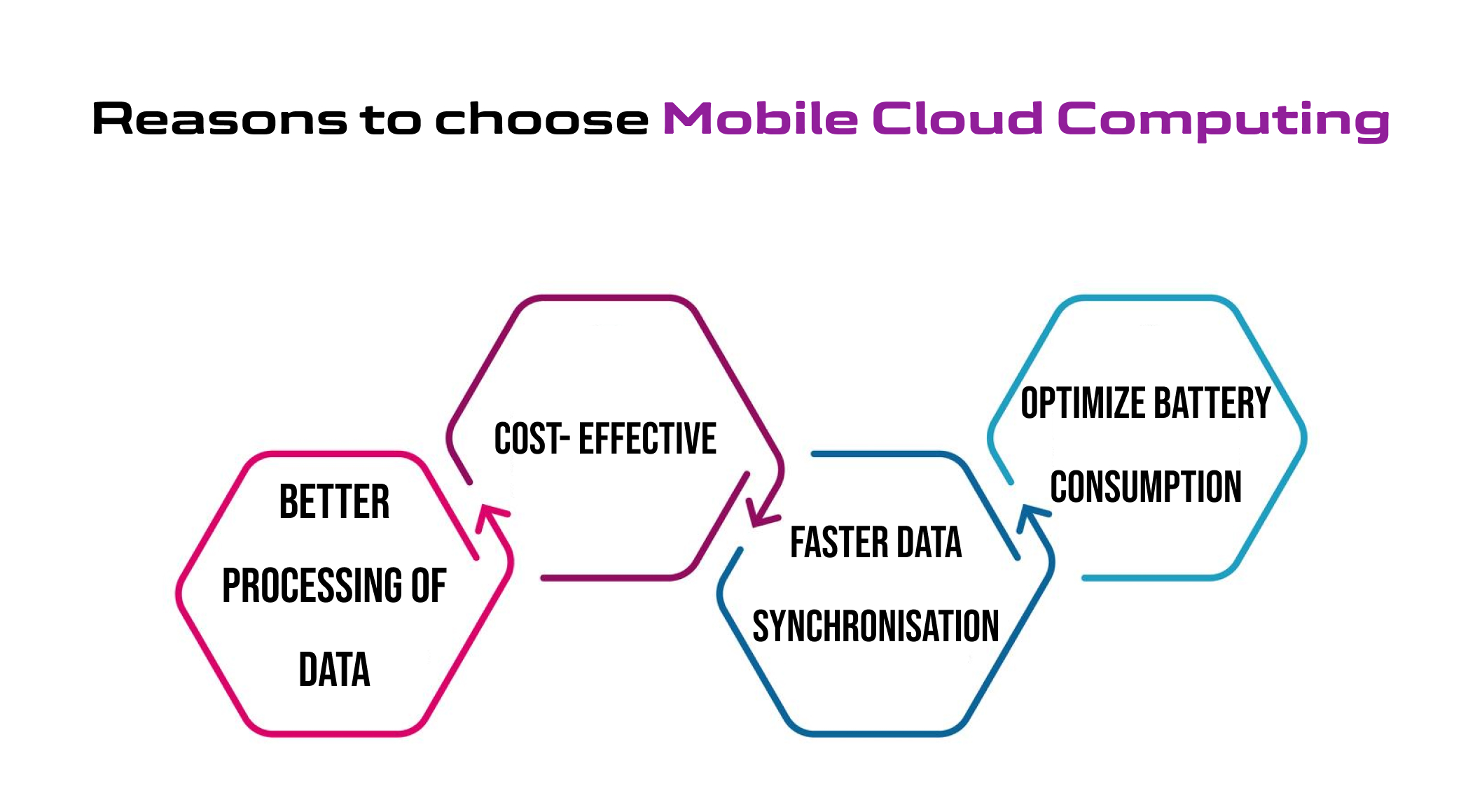
Economical
From a business standpoint, a technology is only as good as its price. After a single investment at the start of mobile app creation, mobile cloud computing helps to drastically reduce an app's maintenance costs, which ultimately results in significant financial savings over time.
Optimizing Device Battery Life
For mobile devices, battery consumption has always been a big problem. A mobile device's need for battery life increases with the amount of data it saves and processes. By moving data processing and storage online, mobile cloud computing extends the battery life of mobile devices.
Outstanding No-Loading
One crucial component of computing is processing. It is handled by a processor in non-cloud based systems. The processing task in mobile cloud computing is handled by the cloud itself. As a result, using the device's processor is not necessary.
The mobile device performs better and operates faster because it is not under any stress to process the data.
How Can DXB APPS Assist You in Developing a Mobile Cloud Computing App?
To accommodate various needs for mobile app development, DXB APPS, website development dubai company provides a broad range of services. Their experts may assist you with one or more parts of your app development endeavors and are well-versed in the most recent trends and technology in the mobile app development industry.
Conclusion
Since mobile usage has surpassed desktop usage, mobile applications in the domain of app development Dubai are now more crucial than ever. The process of developing mobile apps is evolving due to mobile cloud computing. Companies must embrace this new trend if they want to support the mobile app market.
Developers of top mobile app development company like DXB APPS may construct apps without worrying about processing needs or compatibility difficulties thanks to mobile cloud computing.
FAQs
1. What does the term "mobile cloud computing" mean?
The process of using cloud computing technology to produce mobile applications that are highly complicated, easily scalable and available, and rich in user experience-like integrating authentication and providing users with curated content—is referred to as mobile cloud computing, or MCC.
2. What is the purpose of cloud computing on mobile devices?
Sophisticated user experience and high execution of sophisticated mobile applications across a variety of mobile devices are the goals of mobile cloud computing.
3. When did the era of mobile cloud computing begin?
Soon after cloud computing was first presented in 2007, the phrase "mobile cloud computing" began to circulate.
4. What difficulties does mobile cloud computing present?
The primary obstacles to developing mobile cloud computing are issues with hardware, operating systems and software, service availability, and insufficient network bandwidth.
Q5. What are a few of the main advantages of cloud computing on the go?
Among the fundamental characteristics of mobile cloud computing are automation, availability, affordability, quick flexibility, scalability, resource pooling, provider maintenance, provider monitoring, and provider security.

